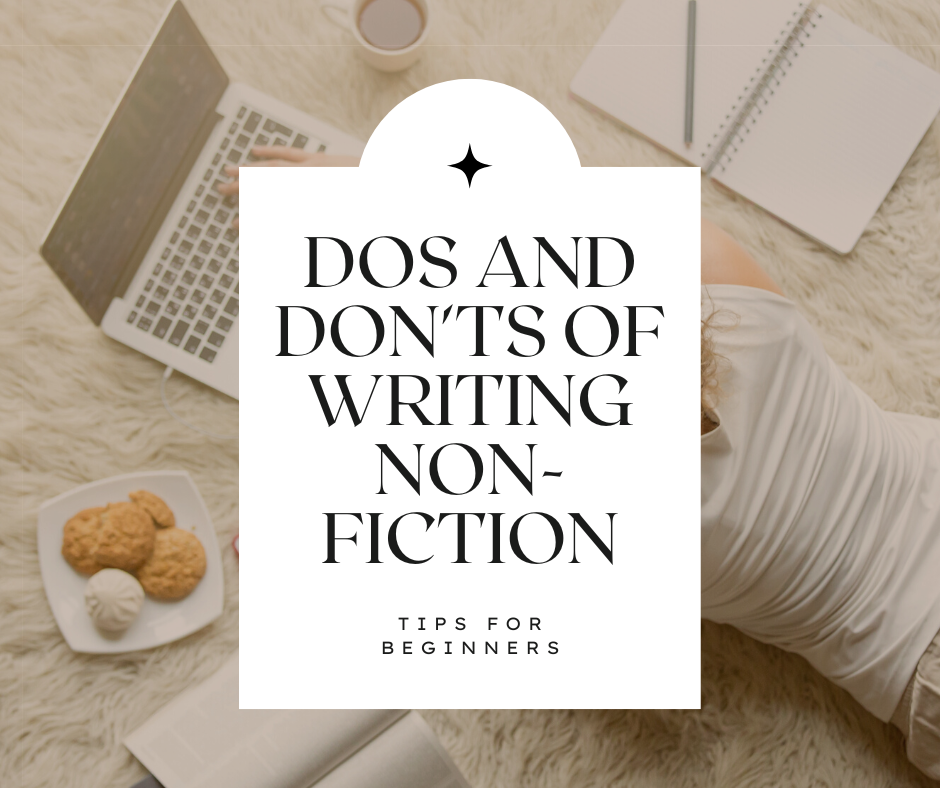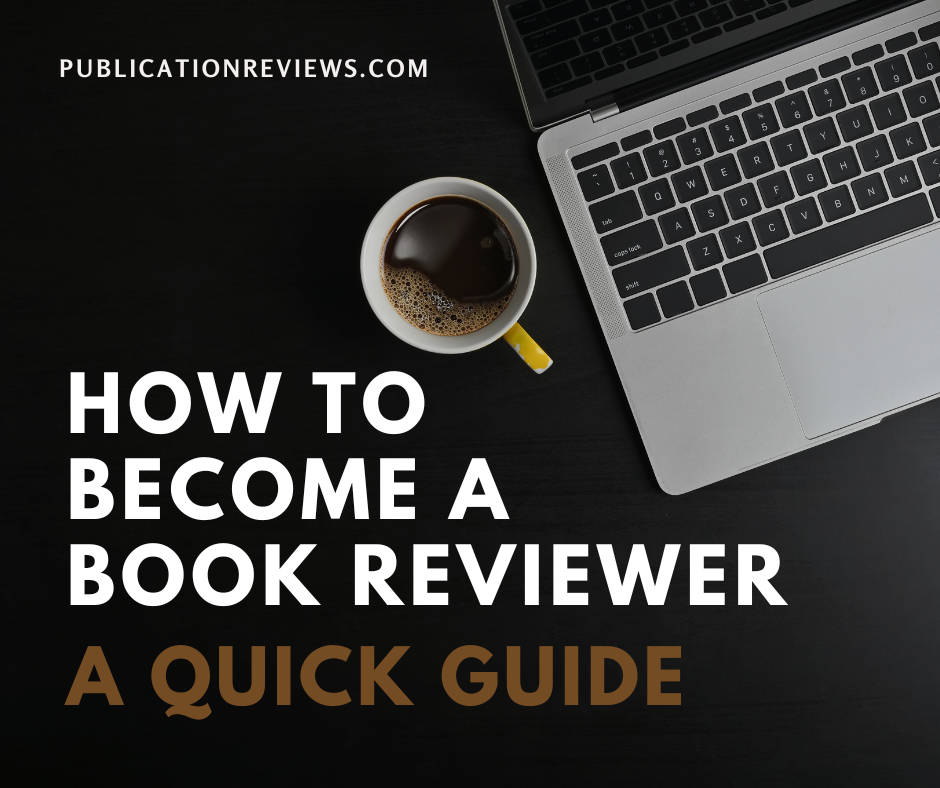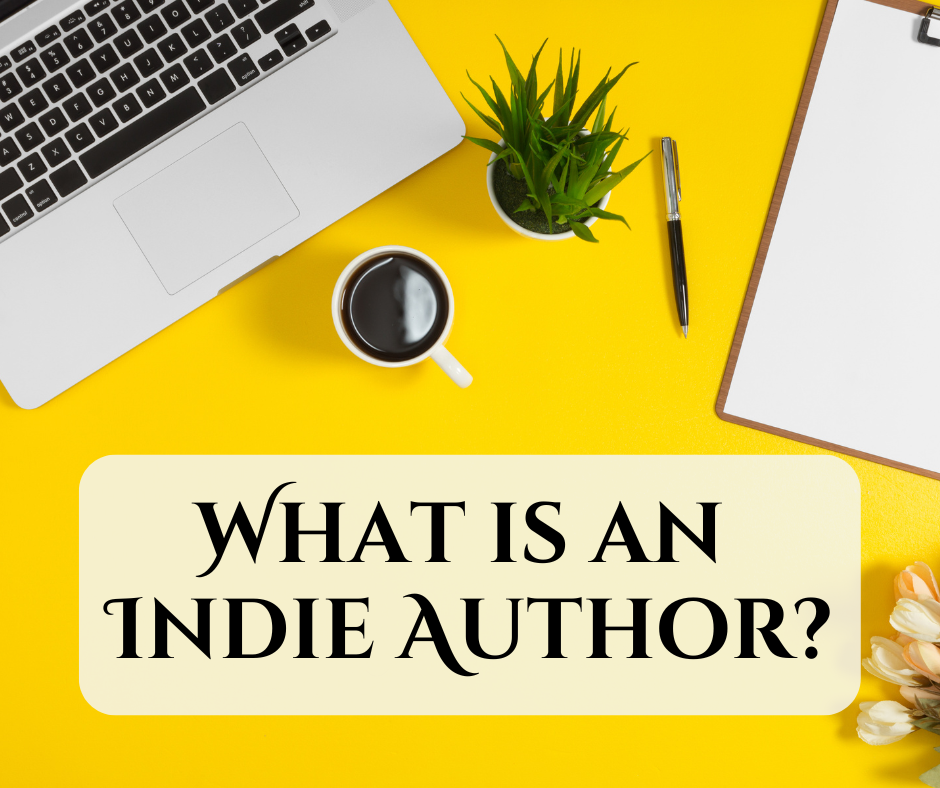If you are a nonfiction writer, you need to know the dos and don’ts of writing. It might sound like something that you don’t need to think about, but it creates a significant impact in making your story better and improving your nonfiction writing.
It can be a surprise to know that there are dos and don’ts in writing nonfiction. It is understandable not to know about it. Most of the time, authors think they only need to write their stories with creativity and imagination; however, that is not the case. There are things you need to consider when writing nonfiction. It is essential to know these because they will help shape your story into a great book.
Do:
-Research thoroughly
-Write concisely
-Write in an active voice
-Provide supporting evidence for your claims
-Be thoughtful with your word choice and sentence structure
-Use simple words and phrases
-Use basic grammar
-Avoid using too many big words or labels/terms
-Avoid using formatting tricks
Don’t:
-Use words that are too complicated to understand or hard to pronounce
-Use slang or idioms that the reader might not understand
-Use too many words or terms
-Have a lot of big words on the page
-Use bold text, italics, underlines, or other formatting tricks to make the text stand out
-Write in passive voice
How To Write A Nonfiction Book That Sells
Nonfiction books are usually written by experts who want to share their knowledge with the world. It is a great way to make money and build a following.
The first step is to come up with an idea for your book. It can be about anything that you are passionate about or an area of expertise you have. You should also consider a title that will grab people’s attention and tempt them to buy your book.
The next step is to create a table of contents for your book, which will help you plan what points you want to cover in each chapter and what order these chapters should go in. You should also write a brief synopsis of each chapter so people know what they will get if they purchase your book.
Conclusion: What NOT To Do When Writing Nonfiction
When writing nonfiction, it’s crucial to remember that your first draft won’t be perfect.
It is easy to get discouraged and quit, but it takes time for ideas to flow and for a story to come together.
The more you write, the better your ideas will be. You will learn how to create a narrative arc and find the best way to communicate your message engagingly.
It is important not to get too caught up in perfectionism because it can lead you down a rabbit hole of edits that never end. It’s better to write imperfectly and edit later than it is not at all.


